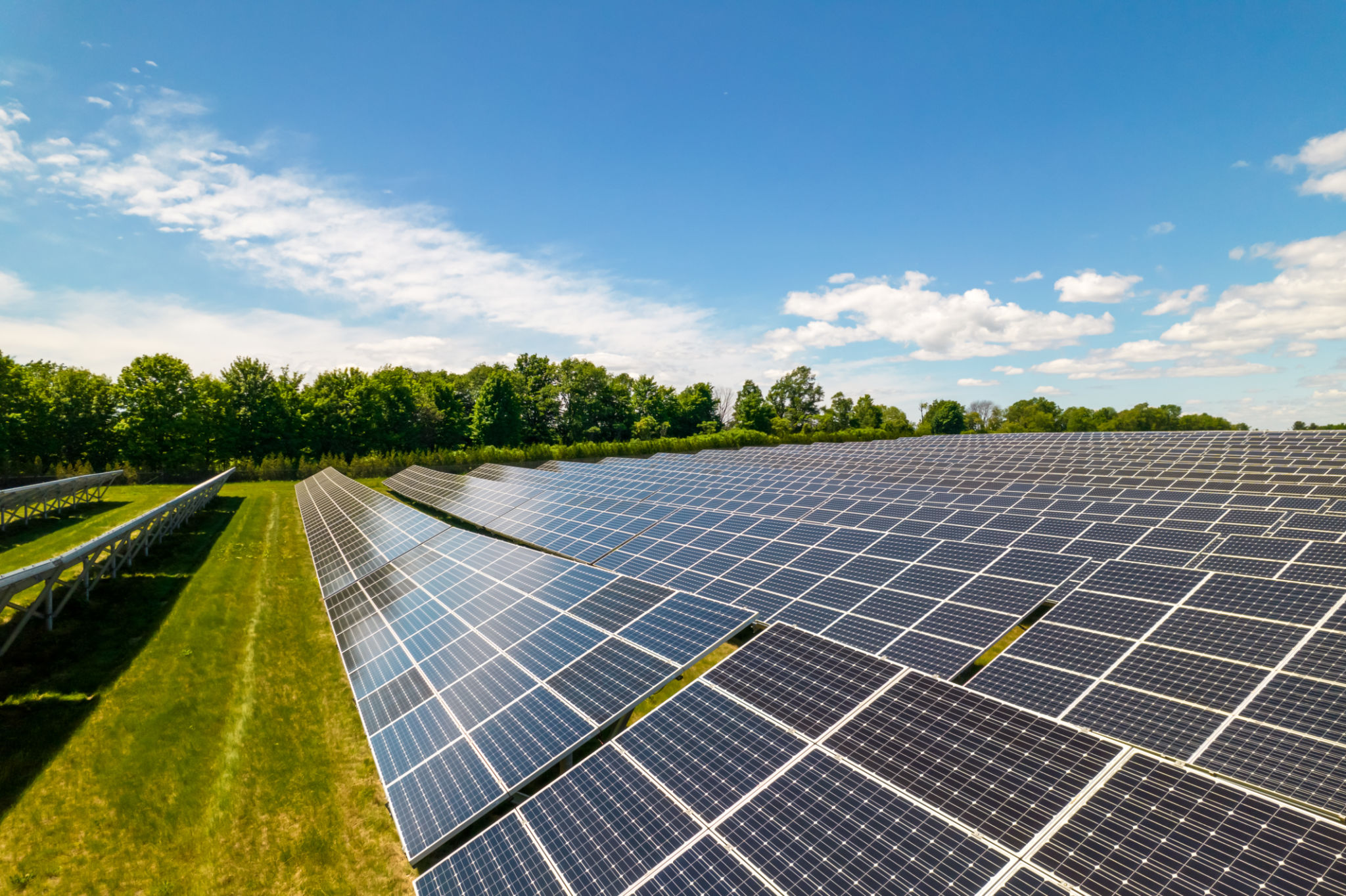Solar Energy vs. Traditional Electricity: Which is Better for Your Home?
Understanding Solar Energy and Traditional Electricity
In the quest for a sustainable and cost-effective energy solution, homeowners often find themselves comparing solar energy with traditional electricity. Both options have their unique advantages and disadvantages, and the choice largely depends on individual circumstances and priorities. This blog post aims to provide a comprehensive comparison to help you decide which is better for your home.

Solar energy harnesses power from the sun using photovoltaic panels, converting sunlight into electricity. This renewable energy source is known for its environmental benefits and potential cost savings. On the other hand, traditional electricity is typically generated from fossil fuels like coal, natural gas, or nuclear power, which are non-renewable resources.
Environmental Impact
One of the main advantages of solar energy is its minimal environmental impact. Solar panels generate electricity without emitting greenhouse gases, reducing your carbon footprint significantly. In contrast, traditional electricity production is one of the largest sources of carbon dioxide emissions, contributing to air pollution and climate change.

Switching to solar energy not only benefits the environment but also aligns with global efforts to transition towards cleaner energy sources. By investing in solar panels, you can play a part in fostering a more sustainable future.
Cost Considerations
While the initial cost of installing solar panels can be high, many homeowners find that they save money in the long term. Government incentives, tax credits, and falling prices of solar technology have made it more accessible. Over time, the savings on utility bills can offset the initial investment.

Traditional electricity costs can fluctuate due to changes in fuel prices, regulatory fees, and supply disruptions. In contrast, once your solar system is installed, the cost of maintaining it is relatively low, and you are less affected by market fluctuations.
Reliability and Performance
Traditional electricity grids are generally reliable but can be susceptible to outages due to storms or technical failures. Solar energy systems, particularly those paired with battery storage, offer greater energy independence and reliability. During daytime or when the grid is down, your solar system can continue to power your home.
However, solar power generation is dependent on sunlight, meaning its efficiency can be affected by weather conditions and geographic location. In areas with limited sunlight, traditional electricity may still be a more reliable option.
Conclusion: Making the Right Choice
The decision between solar energy and traditional electricity is not one-size-fits-all. It hinges on factors such as your budget, location, environmental priorities, and long-term goals. Solar energy offers substantial environmental advantages and potential cost savings but requires a significant upfront investment.
If you're seeking an eco-friendly option and are willing to invest initially for future savings, solar energy could be the right choice for your home. However, if initial costs are a concern or you live in an area with limited sunlight, traditional electricity may remain a viable option. Ultimately, evaluating your specific needs and circumstances will guide you to the best decision for your home.